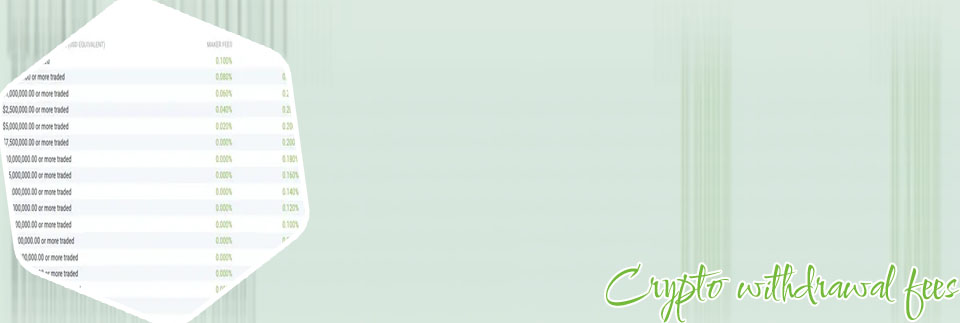Cryptocurrency transaction fees can often be a confusing aspect for users to navigate, with varying costs and complexities. To help provide clarity on this topic, here are 3 articles that offer insights and solutions to managing fees in the world of crypto.
Maximizing Transaction Efficiency: Tips for Minimizing Cryptocurrency Fees

With the increasing popularity of cryptocurrencies, it is essential for users to understand how to minimize fees and maximize transaction efficiency. One key tip to achieve this is to carefully select the right wallet for your transactions. Wallets differ in terms of their fee structures, with some charging flat fees while others calculate fees based on the size of the transaction. By choosing a wallet with lower fees, users can save significant amounts over time.
Another important tip is to monitor network congestion before making a transaction. Cryptocurrency networks can become congested during times of high demand, leading to increased fees and longer processing times. By waiting for network traffic to decrease, users can save on fees and ensure faster transactions.
Furthermore, grouping multiple transactions into one can help minimize fees. Consolidating transactions into a single larger transaction can reduce the overall cost per transaction, especially when dealing with cryptocurrencies that charge fees based on the number of inputs and outputs.
In conclusion, minimizing cryptocurrency fees is crucial for users looking to optimize their transactions. By choosing the right wallet, monitoring network congestion, and consolidating transactions, users can reduce costs and improve transaction efficiency. This knowledge is important for anyone involved in cryptocurrency transactions, from casual users to experienced traders.
Understanding Blockchain Gas Fees: How to Calculate and Optimize Transactions
Blockchain gas fees are a crucial aspect of any transaction on a blockchain network. These fees are the cost associated with processing and validating transactions on the blockchain. Understanding how to calculate and optimize these fees is essential for anyone looking to make transactions on a blockchain network.
Calculating blockchain gas fees can be a complex process, as it involves factors such as network congestion, transaction size, and gas price. However, there are tools and calculators available that can help users estimate the fees before making a transaction. By optimizing transactions, users can save money and ensure that their transactions are processed quickly and efficiently.
One important factor to consider when optimizing gas fees is the gas price. Gas price refers to the amount of cryptocurrency that users are willing to pay for each unit of gas. By setting the right gas price, users can ensure that their transactions are processed in a timely manner without overpaying for gas.
In conclusion, understanding blockchain gas fees and how to calculate and optimize transactions is crucial for anyone looking to make transactions on a blockchain network. By taking the time to learn about gas fees and how they work, users can save money and ensure that their transactions are processed efficiently. This article provides valuable insights into this important topic and is a must-read for anyone involved in blockchain transactions.
Managing Cryptocurrency Wallet Fees: Strategies for Cost-Effective Transactions
Cryptocurrency transactions have become increasingly popular in recent years, with more and more people adopting digital currencies for various purposes. One key aspect of managing cryptocurrency transactions is understanding and effectively handling wallet fees. These fees can vary depending on the type of cryptocurrency, the platform used, and the specific transaction being conducted.
To ensure cost-effective transactions, it is essential to employ strategies that can help minimize fees and maximize the value of your investments. One common approach is to carefully select the right wallet for your needs. Different wallets have different fee structures, so choosing one that offers competitive fees and suitable features is crucial.
Another useful strategy is to monitor network congestion and transaction volumes. During times of high traffic, fees tend to increase as users compete for limited space on the blockchain. By timing your transactions strategically, you can avoid unnecessary fees and delays.
Lastly, consider using alternative payment methods or platforms that offer lower fees or incentives for using certain cryptocurrencies. Some exchanges and wallet providers offer discounts or promotions that can help reduce overall transaction costs.
In conclusion, managing cryptocurrency wallet fees is an important aspect of effectively navigating the digital currency space. By implementing the right strategies and staying informed about fee trends, you can optimize your transactions and maximize your returns.
Recommendations:
- Research and compare different
